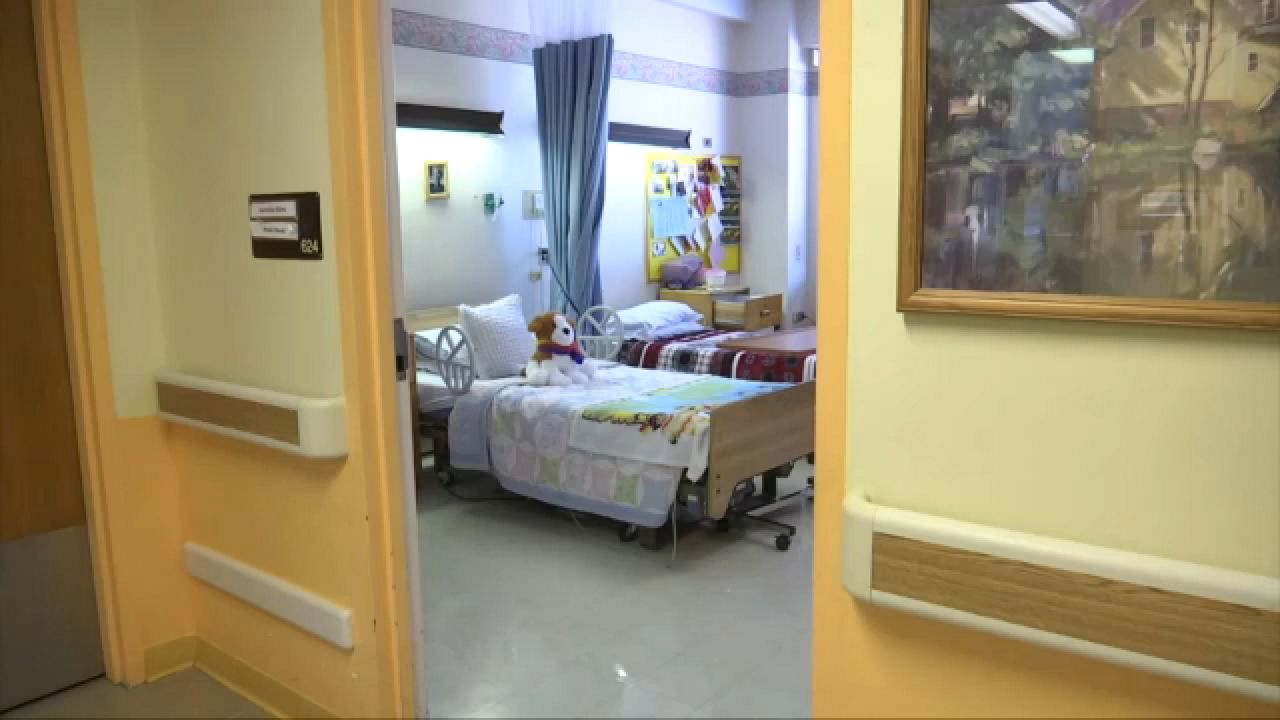New York lawmakers are backing a plan that would boost funding for an oversight program of the state's nursing homes and long-term care facilities as budget negotiations enter their final two weeks before the April 1 deadline.
The Assembly's budget proposal approved last week would add $15 million for the long-term care ombudsman program as advocates and lawmakers worry the program has fallen short of visiting facilities to ensure residents are being looked after safely.
The money has been called for after the COVID pandemic highlighted the vulnerabilities of nursing homes and older people who live there, especially with the spread of a highly contagious disease. Talks over the funding for the ombudsman program come three years after a controversial order in 2020 from Gov. Andrew Cuomo to require nursing homes and long-term care facilities to not turn away COVID positive patients.
It was later determined the Cuomo administration undercounted the number of nursing home residents who died of COVID over the first several months of the pandemic.
In addition to the ombudsman program, lawmakers are also backing $7.2 million for respite care for 300 family caregivers through six months of care at Adult Care Facilities from the state Department of Health. The budget is also backing $2.1 million for care teams to provide aid to low-income adults.
“I want to thank Speaker Carl Heastie and my colleagues for putting forth an Assembly one-house budget that fully funds the state's nursing home watchdog program, the ombudsman program, eliminates waitlists for home and community care, and saves the state hundreds of millions in Medicaid spending," said Assemblyman Ron Kim, the leader of the Assembly Aging Committee. "These were my top three priorities as the Chair of the Committee on Aging, and I am thrilled to see them included in our one-house budget proposal."
Nursing homes remain under scrutiny even as pandemic-era rules are being relaxed. New York state health officials last week announced visitors to nursing homes would no longer be required to show a negative COVID test in order to gain entry.



